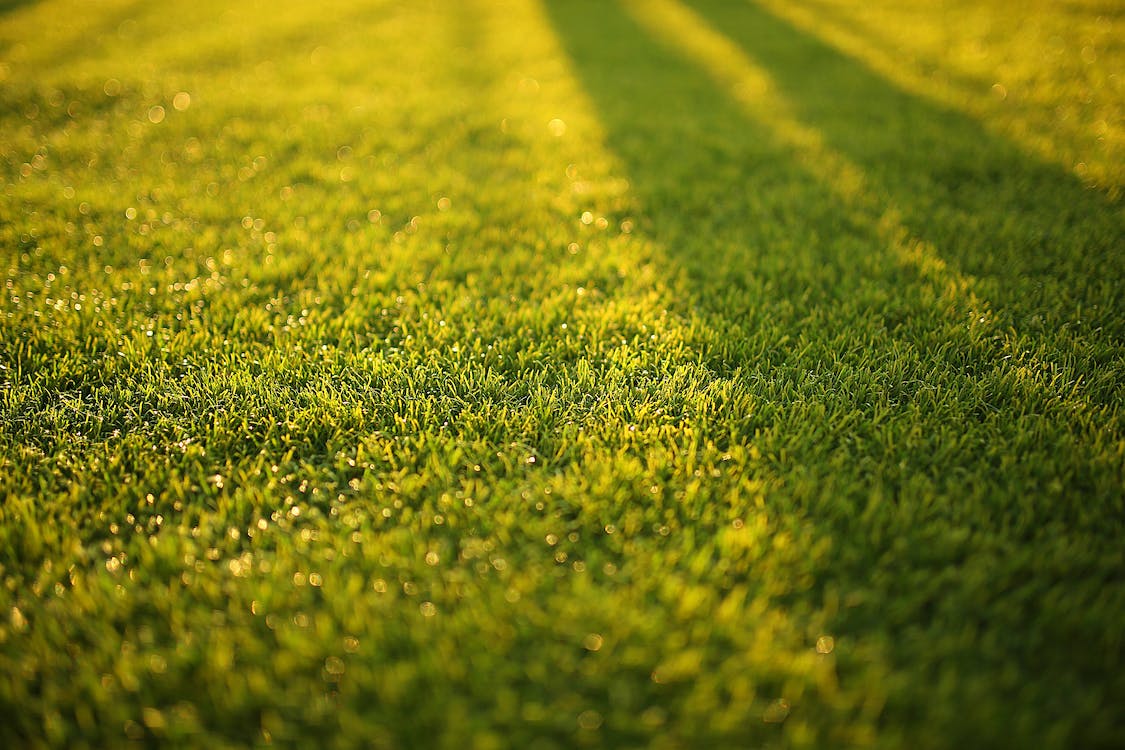After a long day of work, what could relax a person better than a quiet hour in nature? In urban areas, it is becoming increasingly impossible to find natural landscapes. But if one can find the right resources for lawn keeping, there is no other peaceful place like one’s own lawn. While the greenery soothes one’s eyes beyond imagination, maintaining a healthy yard is a painstaking chore. Caring for it can prove to be more complex than most people think. Homeowners with lawns believe that excessive watering and frequent chemical treatment keep them lush and healthy. But it is not the case. These cause more damage than good. That’s why landscaping professionals and specialists have themselves insured to cover the possible risk in lawn care. With a few organic lawn care tips, anybody can transform their dry garden into a thriving, green yard.
Knowing the soil
The first step in lawn caring is knowing the nature of one’s lawn. The soil is the primary source of life for flora and fauna. Therefore, it is crucial to have a good understanding of the type of soil in the lawn. When the quality of the earth is apparent, it becomes easier to predict its requirement. Many companies provide soil testing services such as CSA (Comprehensive Soil Analysis). These tests evaluate the nature of the soil, its deficiencies, and problems. A soil test will help one identify organic reformations that the soil needs. Instead of chemical-based improvements, organic methods of support are advisable. For example, when the soil lacks a specific nutrient like magnesium, instead of supplying it as a chemical, organic soil experts prescribe natural sources of the mineral, like lime. Similarly, organic elements like Epsom salt enhance the magnesium in the soil while maintaining the soil pH.
Weed and pest control
In any garden, weeds are a common pest. Many people believe that weeds are also harmful to their lawn, not unlike insects and rodents. But apart from changing the aesthetics of the garden, most weeds do not cause damage to the grass. Experts assert that while it is easier to remove weeds from the grass, it is crucial to investigate why weeds have grown in a specific area. It will indicate any chemical or acidic imbalance in the soil, thus making the caretaker’s work easier. While getting rid of insects and rodents, organic pest control also protects the integrity of the grass and the soil. Applying beneficial Nematodes also ensures that bugs do not thrive on the grass.
Core aeration
Core aeration is a method of aerating the soil thoroughly so that there is enough breathing space for the grass underneath the topsoil. Air pockets near the roots ensure that oxygen and other supplements reach the grass appropriately. A machine designed for core aeration pulls out thatch and soil cores from the land. Simultaneously, it creates holes in the ground of up to three-fourths of an inch in diameter. This way, water and other nutrients spread to the roots equally and enrich them. As the machine eliminates plugs and other cloggers, elements flow freely in the layer under the topsoil.
Rototilling
Rototilling is an essential service that companies with expertise in organic lawn care offer. A rototiller’s primary work is to cut grass and turn the soil to facilitate germination. It resembles a lawnmower and can also come in handy when one wishes to remove weeds
Landscape architects and lawn specialists claim that an organic approach helps the lawn have consistent betterment in the longer run. Organic lawn care requires less water than conventional care since the lawn receives proper care. By opting for organic methods of tending a yard, one can contribute to responsibly conserving the earth.
Author Bio
Hannah Gilbert is a freelance writer who offers to ghostwrite, copywriting, and blogging services. She works closely with B2C and B2B businesses providing digital marketing content that gains social media attention and increases their search engine visibility.

